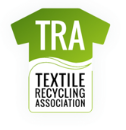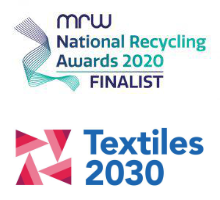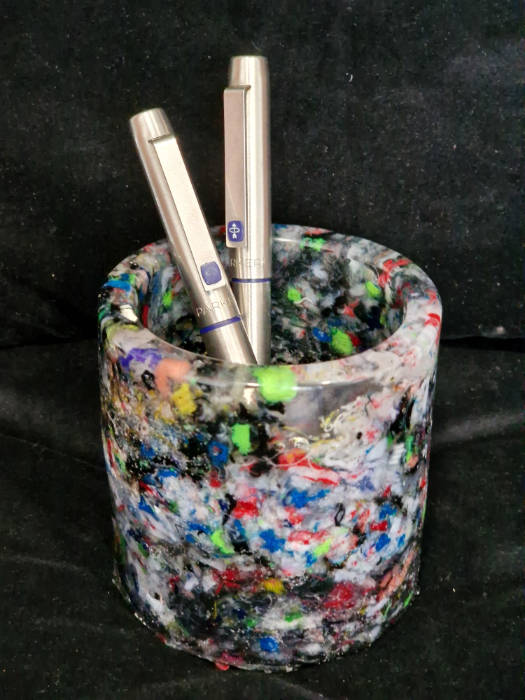In recent years, the fashion and textile industries have undergone a profound shift towards sustainability, driven by increasing awareness of environmental issues and the need for responsible consumption. As a result, consumers are now more interested than ever in the materials used to create their clothes and the impact they have on the planet. Among the key pillars of sustainability in textiles is the choice of fabric.
In this article, we’ll delve into some of the most sustainable fabrics available today, shedding light on their benefits and why they’re gaining traction among eco-conscious consumers.
- Organic Cotton: Conventional cotton production is notorious for its heavy use of pesticides and water. Organic cotton, on the other hand, is grown without synthetic chemicals, relying instead on natural methods like crop rotation and biological pest control. This significantly reduces its environmental footprint, making it a popular choice for those seeking eco-friendly clothing options.
- Hemp: Hemp is a versatile and durable fiber that requires minimal water and no pesticides to grow. It also has a high yield per acre, making it an incredibly sustainable crop. Additionally, hemp fabric is biodegradable and naturally resistant to mold and UV light, further enhancing its eco-friendly credentials.
- Tencel (Lyocell): Tencel is a type of rayon made from wood pulp, most commonly sourced from eucalyptus trees. The production process is highly eco-friendly, using a closed-loop system where solvents are recycled and reused. Tencel is renowned for its softness, breathability, and moisture-wicking properties, making it an ideal choice for sustainable activewear and everyday clothing.
- Bamboo: Bamboo fabric is derived from bamboo pulp, which is processed into fibers using chemical or mechanical methods. While some chemical processes may raise concerns, there are eco-friendly alternatives like the lyocell process mentioned above. Bamboo is a fast-growing plant that requires minimal water and no pesticides, making it a renewable and sustainable resource for textile production.
- Recycled Polyester: Polyester is commonly used in clothing due to its durability and affordability, but it’s also derived from non-renewable resources like petroleum. Recycled polyester offers a sustainable alternative by repurposing plastic bottles or post-consumer polyester waste into new fibers. This not only reduces the demand for virgin materials but also helps divert plastic waste from landfills and oceans.
- Recycled Nylon: Similar to recycled polyester, recycled nylon is made from post-consumer waste such as discarded fishing nets, carpets, and industrial plastic waste. By giving new life to these materials, recycled nylon helps reduce pollution and conserves energy compared to traditional nylon production.
- Linen: Linen is made from the fibers of the flax plant, which requires minimal water and can be grown in diverse climates without synthetic fertilizers or pesticides. Linen fabric is biodegradable, breathable, and naturally antimicrobial, making it a sustainable choice for clothing, bedding, and home textiles.
At Roberts Recycling, we recognize the importance of sustainable materials in the textile industry. That’s why we’re committed to promoting eco-friendly practices and encouraging the use of recycled and sustainable fabrics.
Let’s work together to create a fashion ecosystem that’s not only stylish but also environmentally responsible.








